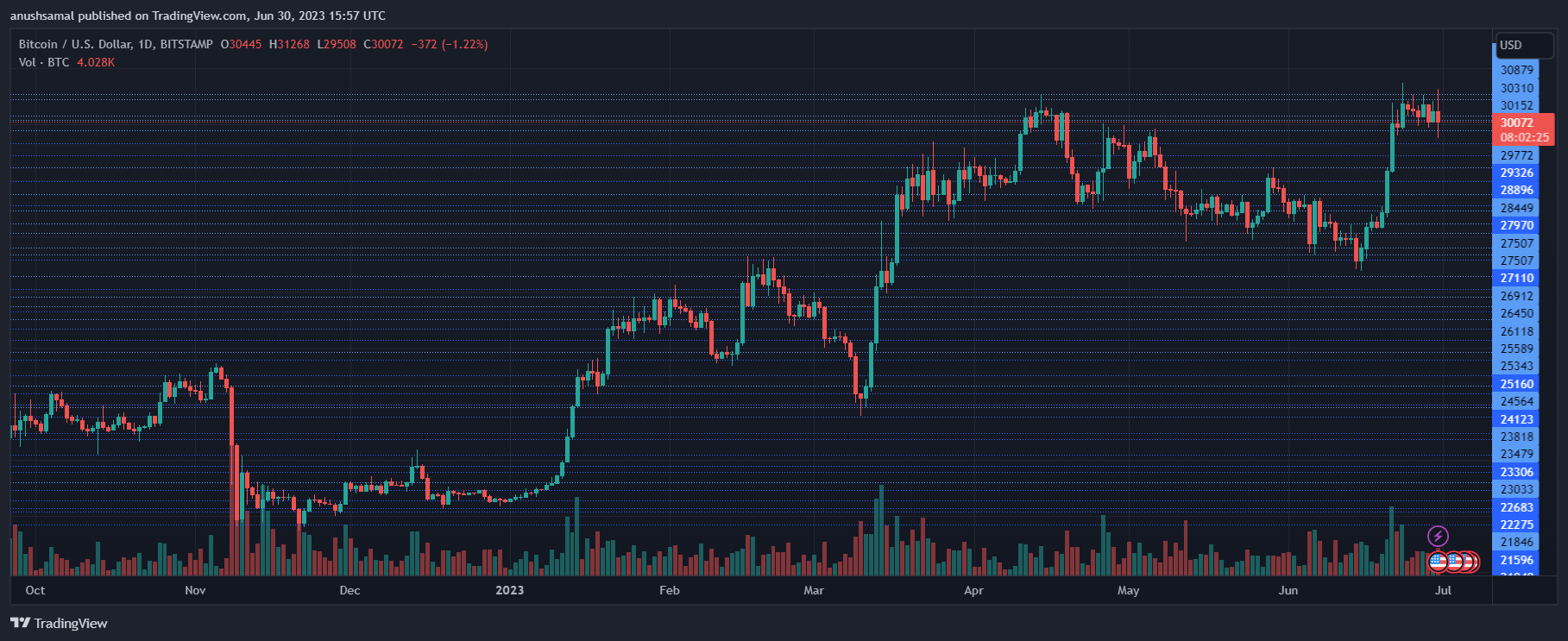Citigroup Explores Crypto Custody Partnerships Re-evaluates Metaco Collaboration
- Get link
- X
- Other Apps
Citigroup, a prominent banking institution, is reviewing its partnership with Metaco. This evaluation comes following the recent announcement by Ripple Labs regarding its acquisition of Metaco, a cryptocurrency custody firm, for $250 million.
Citigroup has initiated discussions with various other custody providers. This move suggests that the banking giant is exploring alternative options for its custody services.
In May, the payment company announced its decision to purchase Metaco. The acquisition was announced while Ripple fought, and continues to fight, a legal dispute with the U.S. Securities and Exchange Commission (SEC), which is anticipated to have significant financial implications for the blockchain company.
Citigroup’s Metaco Review Not Directly Linked To Ripple’s Acquisition
Metaco provides custody technology solutions, catering to several major banks. Among these banks, Citigroup (Citi) is the primary one based in the United States. Citigroup has been a key partner of Metaco, utilizing its custody services.
Citi’s significance as a client lies in its role as the world’s fourth-largest custodian bank, following BNY Mellon, State Street, and JP Morgan. Additionally, Citi has initiated the Regulated Liability Network, which aims to link central bank digital currencies (CBDCs) with bank deposit tokens and other tokenized digital assets.
This demonstrates Citi’s commitment to advancing the integration of CBDCs and digital assets within the banking sector. In June of the prior year, Citigroup selected Metaco as its custody partner.
The purpose behind this choice was to expand Citigroup’s range of services to encompass tokenized securities and other products based on blockchain technology. The review conducted by Citigroup was not directly linked to Ripple’s acquisition of Metaco.
Despite Ripple’s announcement that Metaco would retain its independence as a brand and continue to be led by its CEO, the reasons behind Citigroup’s review were not explicitly connected to this acquisition.
Metaco Connected To Major Financial Institutions
Over the past two years, Metaco has secured notable partnerships with various financial institutions. These include BNP Paribas Securities Services, SocGen Forge, Citi, DekaBank, and DZ Bank from Germany.
Before this period, Metaco had already established relationships with prominent clients such as DBS, BBVA, and Zodia Custody, a Standard Chartered subsidiary. These clients are recognized for their active involvement in the tokenization space.
The reasons behind this shift, some firms claim, mainly include concerns over the volatile nature of cryptocurrencies, potential risks associated with regulatory compliance, and the need to ensure the safety of clients’ assets.

from Bitcoinist.com https://ift.tt/FgBLW89
- Get link
- X
- Other Apps
Comments
Post a Comment